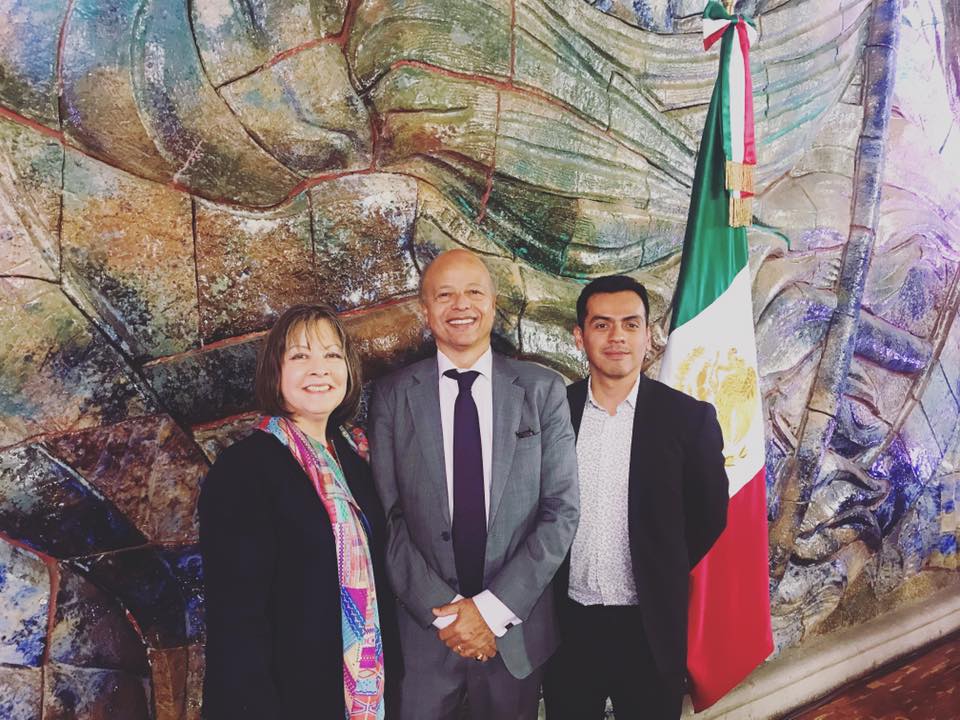Partners for Literacy: IFLA Underlines Contribution of Libraries at Global Meeting
11 December 2018

IFLA representatives played an active role in the Global Alliance for Literacy Policy Forum, a meeting of ministers and senior officials responsible for literacy organised by UNESCO on 13-14 November.
Under the Sustainable Development Goals, the leaders of 193 United Nations Member States committed to promoting literacy for all.
However, there are still large numbers of people lacking such skills around the world. Without them, they are often stuck either in low-paid work or unemployment, and struggle to realise their rights or their potential.
In order to address this, UNESCO established the Global Alliance for Literacy (GAL), bringing together ministers and senior officials, in particular from countries with high shares, or large numbers, of people facing illiteracy.
Finding Solutions With Libraries
IFLA was invited to attend the most recent GAL Policy Forum, held in Mexico City on 13-14 November, in order to share the experience of libraries in tackling these challenges. As UNESCO’s World Report on Knowledge Societies for All underlines,
From mobile library to huge contemporary architectural complex, the library will remain a pillar of the social circulation of knowledge and a factor of vitality for learning networks.
Elsa Ramirez, Director of the library at the National Autonomous University of Mexico, and Jonathan Hernandez-Perez, a past associate of IFLA’s International Leaders’ Programme, attended on behalf of IFLA. They played an active role, highlighting the need to incorporate libraries in local literacy policies, with school and public libraries playing a particular role.
They shared examples of libraries contributing to literacy, both from Mexico, where indigenous communities, female prisoners and children all benefit, but also from around the world. They highlighted IFLA’s Library Map of the World and SDG Stories, which show how libraries contribute to the UN 2030 Agenda.
A Warm Welcome
Delegates were impressed by the coordinated work of the library associations with IFLA, and suggested that this could provide the inspiration for a upcoming global literacy map with initiatives around the world. This could help recognise national programmes, compare efforts and develop specific policies that contribute to promote literacy in countries where the need for progress is greatest.
IFLA will continue to work with UNESCO to ensure libraries are seen as essential to effective literacy strategies.
Find out more about IFLA's work on literacy on the pages of our Literacy and Reading Section.